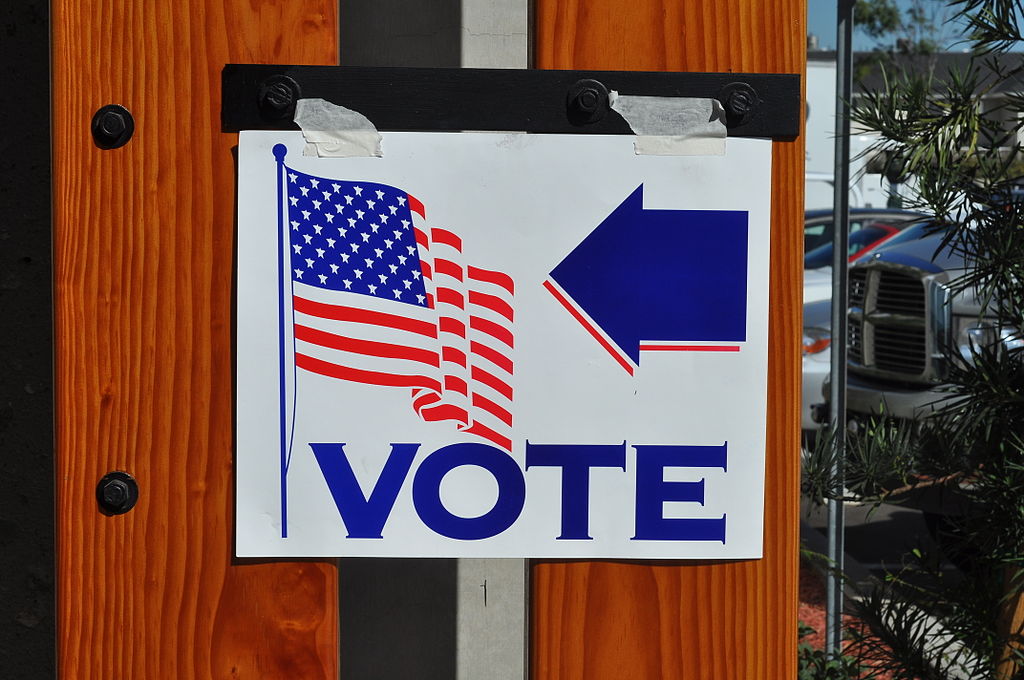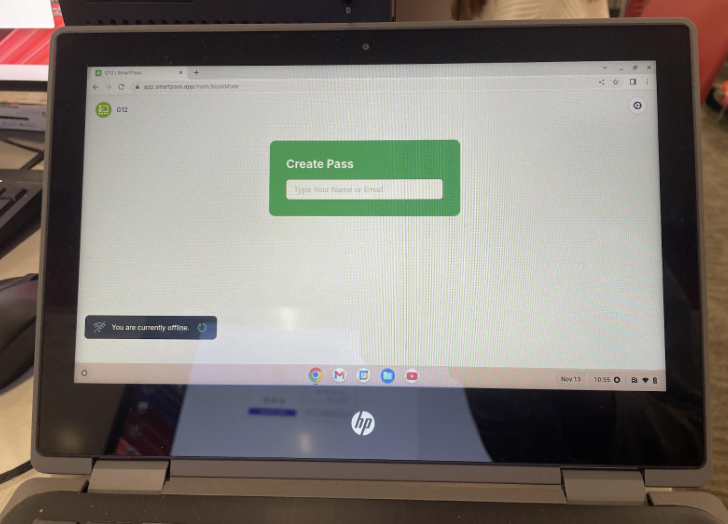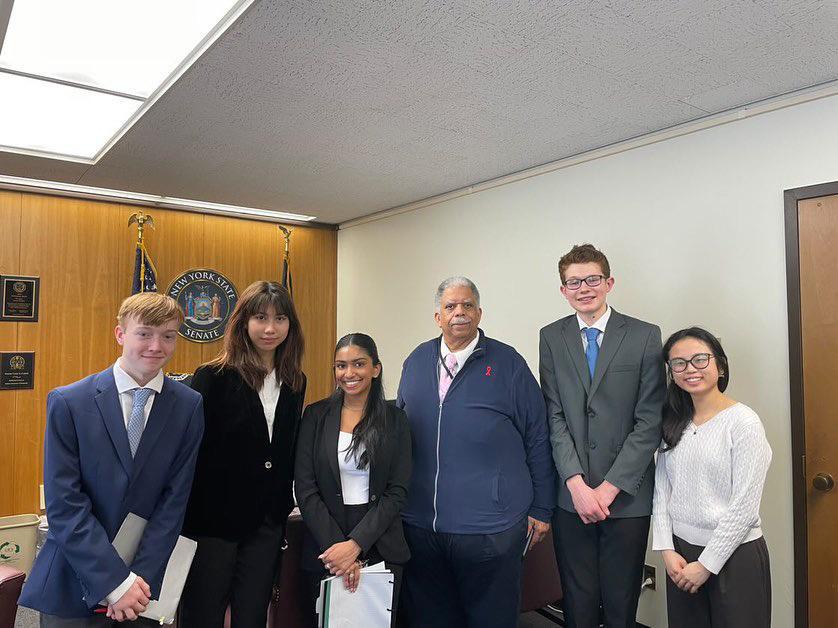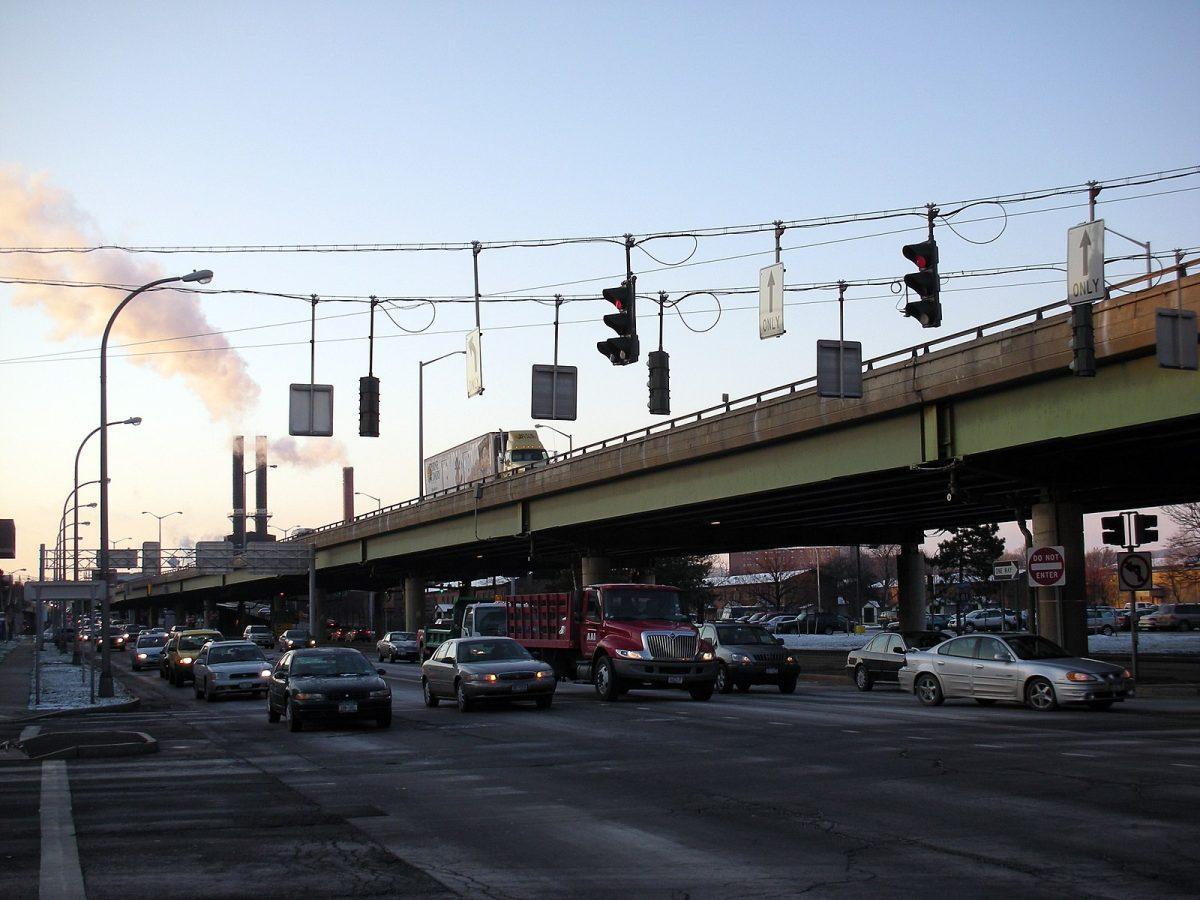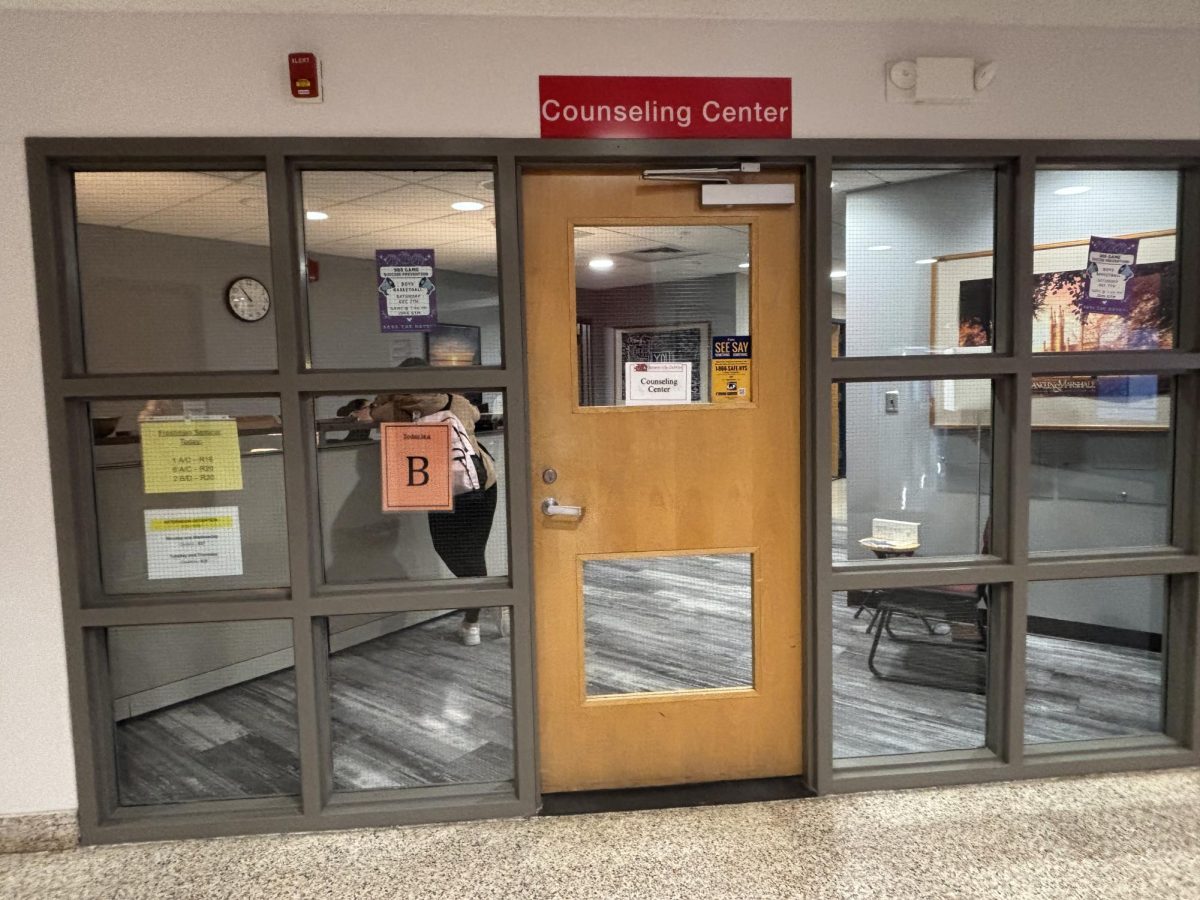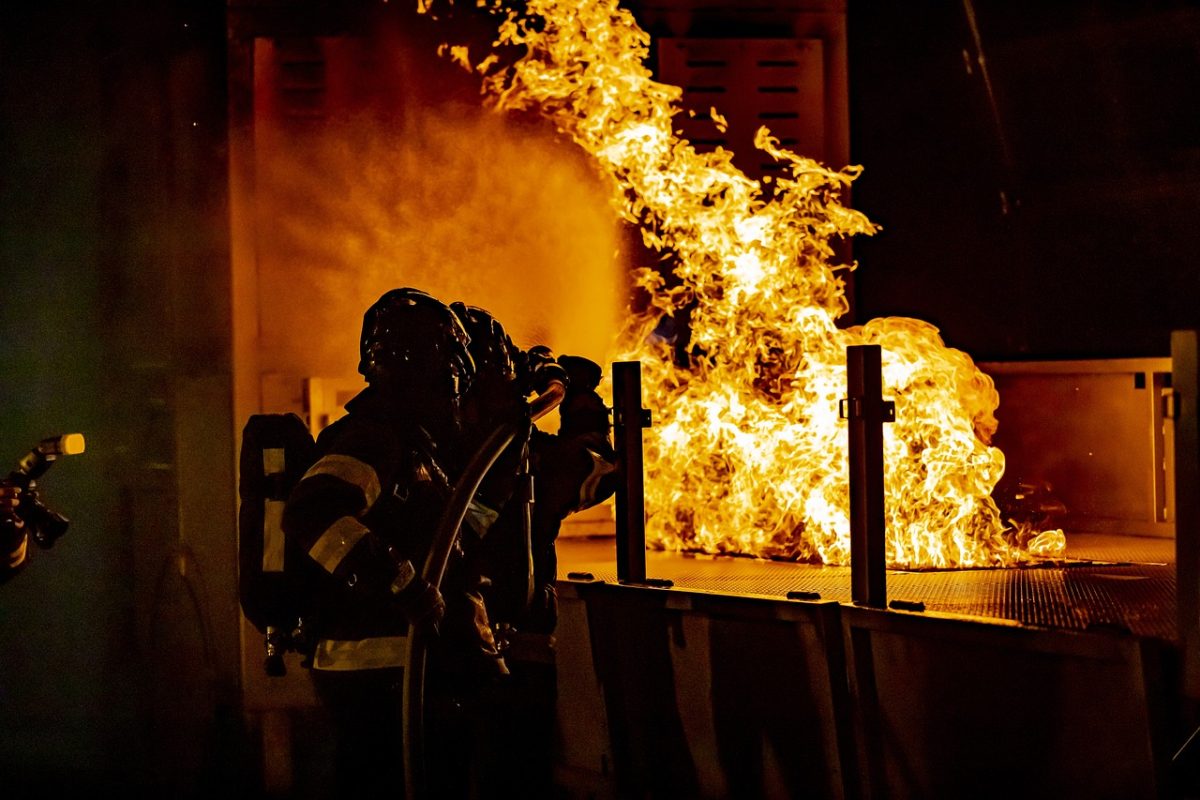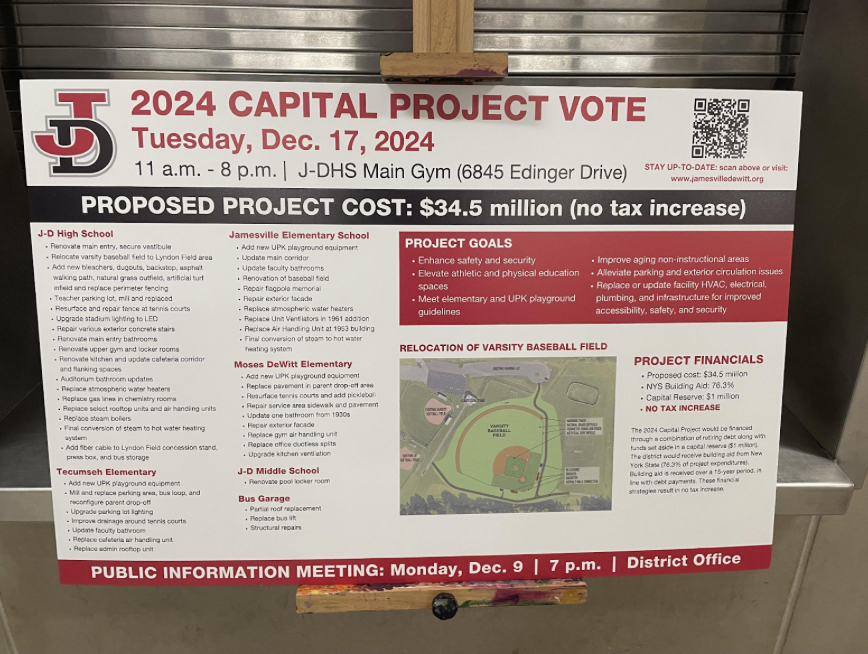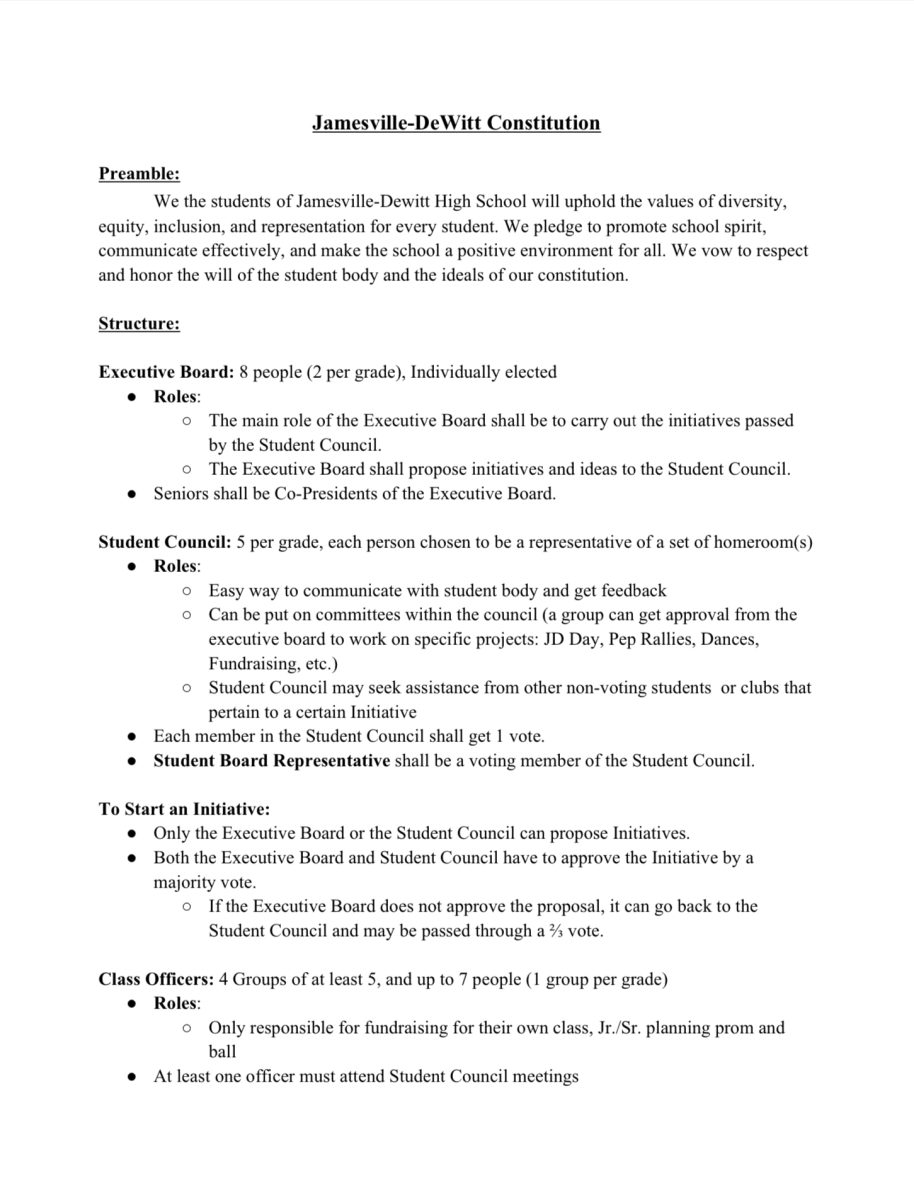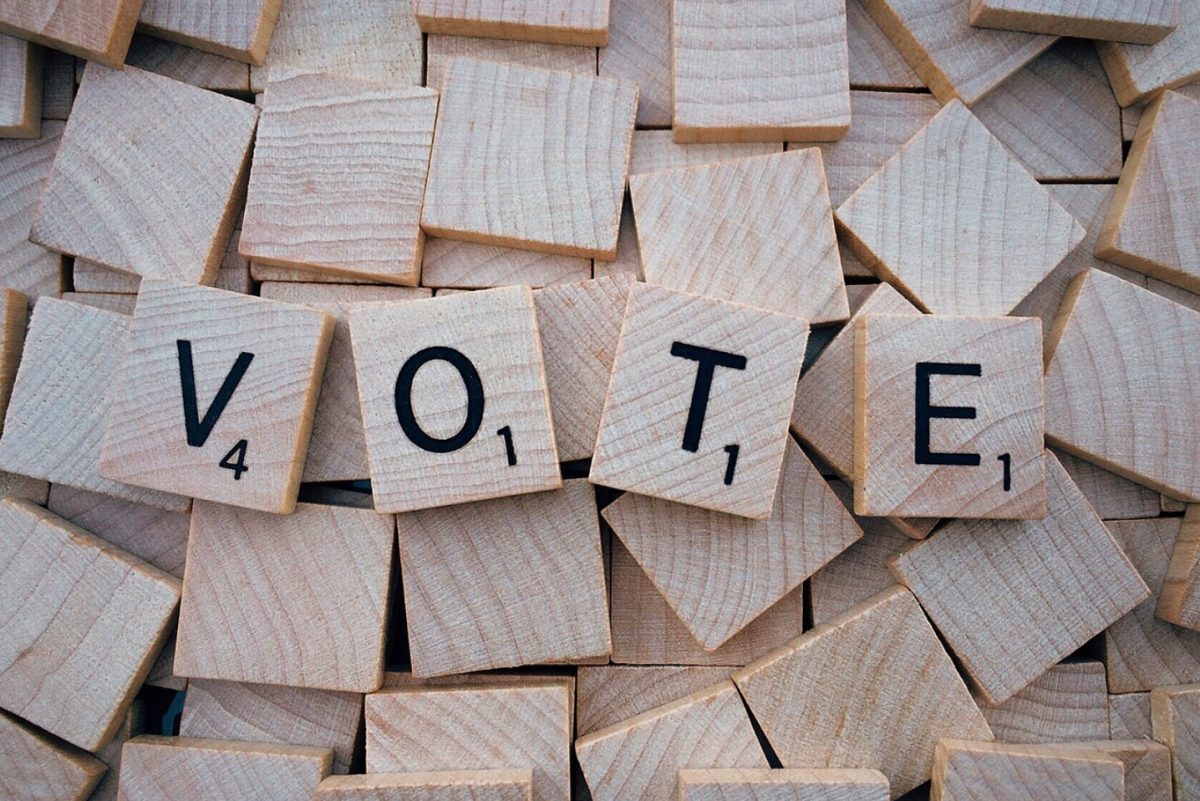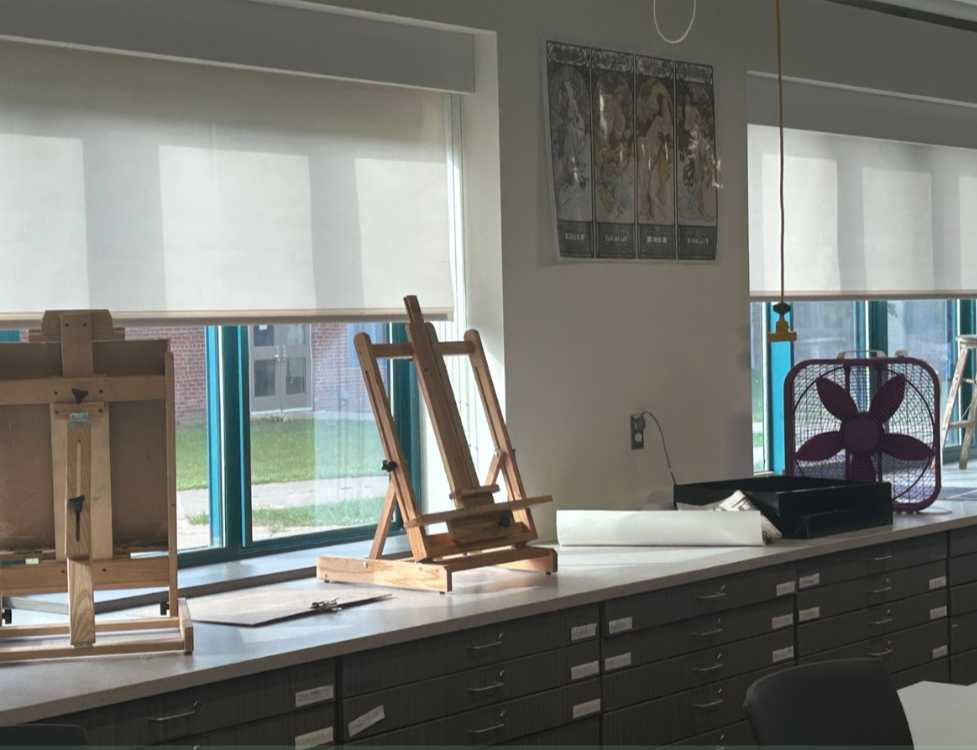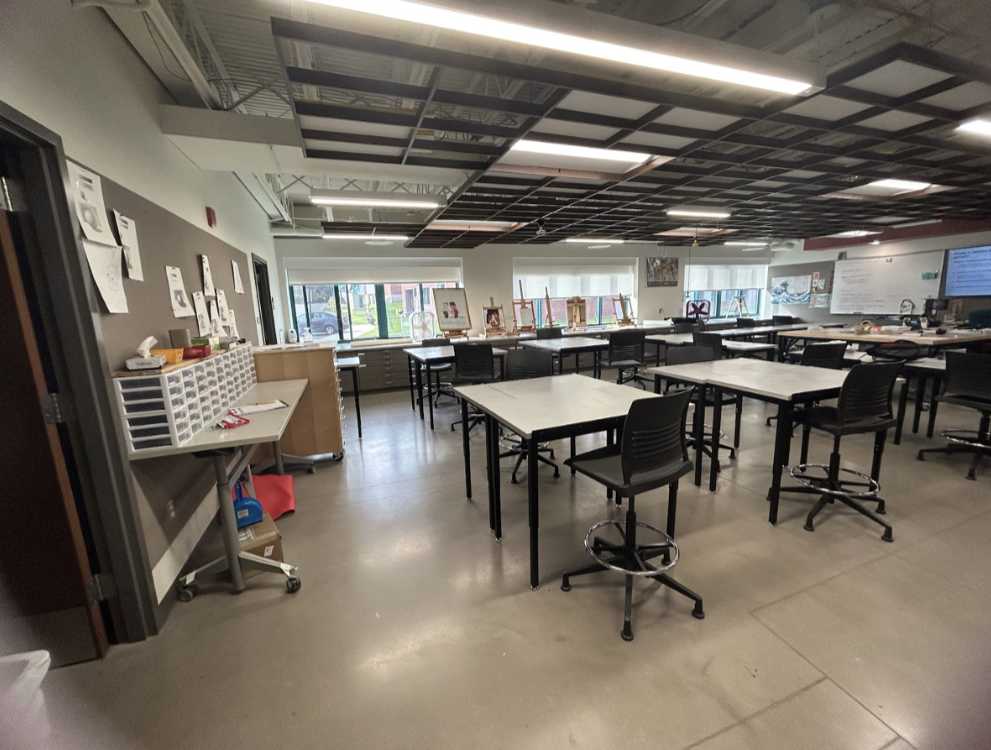What will be your impact on the Board?
So I think my answer is twofold. The first one, my age obviously is a crucial thing that puts me apart from the other candidates. I think I would bring a much more youthful insight. I think that the student experience now compared to when a lot of the candidates were in school is drastically different. The culture of J-D has changed tremendously, so if we’re gonna make effective policy be about J-D we need an in depth understanding of that culture. That doesn’t just come from “well so and so told me this” or “so and so told me that” — that’s a part of the puzzle. But another important part is I lived this. This was my personal experience and that has a lot of value. First of all I think I would bring about impact in terms of interconnectedness to the current culture in J-D and the student experience in general. And then secondly maybe not as obvious is empathy so if you had to say what is the first word you would use to describe yourself I would use the word empathy. I think every important leadership skill you can have stems from the ability to empathize and so most conflict arises from a perception of disrespect. That means regardless of your intentions, if I didn’t mean to hurt your feelings, that doesn’t change the fact that maybe I hurt your feelings. We can’t deal in the world of intentions. We need to deal in the world of consequences. And so consequences mean I may have the ability to empathize with your experience even if it’s not my experience. I think I would impact the board in the way that I am an empathizer, that I’m open to everybody’s experiences. Just because it isn’t my reality doesn’t mean your reality is any less valid.
Should all school activities be supported and funded equally?
That’s a really complex question, so I think context really matters. I think that spending an allocation of resources based on identifiers is always inappropriate. When I say that, I mean the idea that maybe this is because it’s a person of color or gender. But things that are people’s identities should not be the basis for allocation of resources ever, ever, ever. But there are some priorities that the school does have to make more present than others. For example, things about safety. People keeping safe requires a higher priority than making sure that there are good snacks in the vending machine. So different things do require different allocations of resources. In terms of what you’re saying in terms of photography versus athletics for example, something that gets a lot of attention, I would say that it probably makes sense to make it proportional — the budget is proportional to the amount of students affected because in theory the amount of students participating in something affects the cost of running that function. So we should make sure that everything is proportional to the student involvement. That way per student the experience hasn’t allotted any less value, but obviously if you have 50 people doing something versus 5 people you need a little more resources for all those people.
What is the most pressing issue facing the district?
I think that there is an issue with students feeling heard, so I have done volunteer work for the past 6 years with middle schoolers, and I’ve been very privileged to hear a lot of very personal stories. Something that I feel like I hear time and time again is “I feel like people don’t know me, they don’t know my story, and what’s worse than that, they don’t care to learn.” Now that’s not necessarily the reality, right? I’m sure there’s a lot of really great adults and faculty who want to know that student, but that’s not the student’s perception. So we need to be engineering an environment where that student feels heard. So that would be my biggest thing.
On the referendum to add a student representative to the Board
I think that it is amazing. I don’t think I need to say much more about that. I think it’s long overdue. I think the idea that we even need to vote to have one [a student board member] and the fact that it’s not already the status quo says something in and of itself. So I think that it’s crucial. I think you can’t possibly have a well-rounded, informed decision-making process about student life without students.
Who should have the final say on what is published in a school paper?
So again my answers are a little complex and this is why. It can’t just be free reign, because we need to keep students safe, right? So we need to make sure the work being published is honest that it’s based on facts and that it doesn’t hurt anybody. And when I say hurt I don’t mean not holding people accountable. People should be held accountable. Let’s say RamPage decided to start a gossip column since this is what’s trending at J-D. But in doing so, maybe they accidentally instigated a harassment against a student. So we need to have protocol and rules in place to keep people safe and to keep our work honest. I think the administration’s role should be to engineer a policy and this is the policy as long as you follow all these rules and you’re keeping everybody safe, keeping everybody honest.. I don’t think it should be evaluated on a case-by-case basis because I think what happens when it’s case-by-case is there’s a lot more room for subjectivity. So having just a blanket policy saying this is the standard we hold every single piece of work up to regardless of specific content, I think that’s a very fair process that doesn’t jeopardize the integrity of your ability to do your job but it also does not put anyone at risk.
Whose opinions should carry the most weight in establishing policy?
I don’t think that there’s any one right answer because I think that question is a little bit like you asking me what’s the most important part of a car, the wheels, the brakes, the steering wheel. You know they’re all critical for the car to be a car, and so I think it’s the same way parents, teachers, and students, and administrators. They’re all moving parts in our school and they all give really valuable insight on different things. So I think that the answer to your question would depend on the situation. So if I wanted to know, you know, what is it like being at J-D. What are the problems? I want to hear what the students have to say. That’s my number one priority, student input. Not whatever the reports say, I want to know what students think if I want to know how are your classroom resources, do you need more technology, do you need this, do you need that. Then I want the teachers’ input because they’re the ones using that. That’s what they are professionally trained to do, so I think it depends.
On the Journalism Free Speech Act
I think as a public school J-D has an obligation to uphold students’ constitutional values. A public school is a government actor and students are entitled to their constitutional rights. That being said, as students, as minors, in many ways your rights haven’t fully developed. There’s a whole plethora of things that you can’t do now, but you’ll be able to do once you’re 18. So I think that those rights should be honored, they should be encouraged, but like I said earlier, not on a case-by-case basis — just across the board. A policy that’s keeping people safe is my number one priority. I don’t want to support any one group at the cost of somebody else. I want you to be able to publish what you want, and I want you to be able to do good work and hold people accountable and spread truth. But I don’t want you to do that at the sake of somebody else’s mental health. So I just think a policy that keeps everybody safe and honest is good, but just saying you can’t publish that because I don’t like it is unacceptable.





























